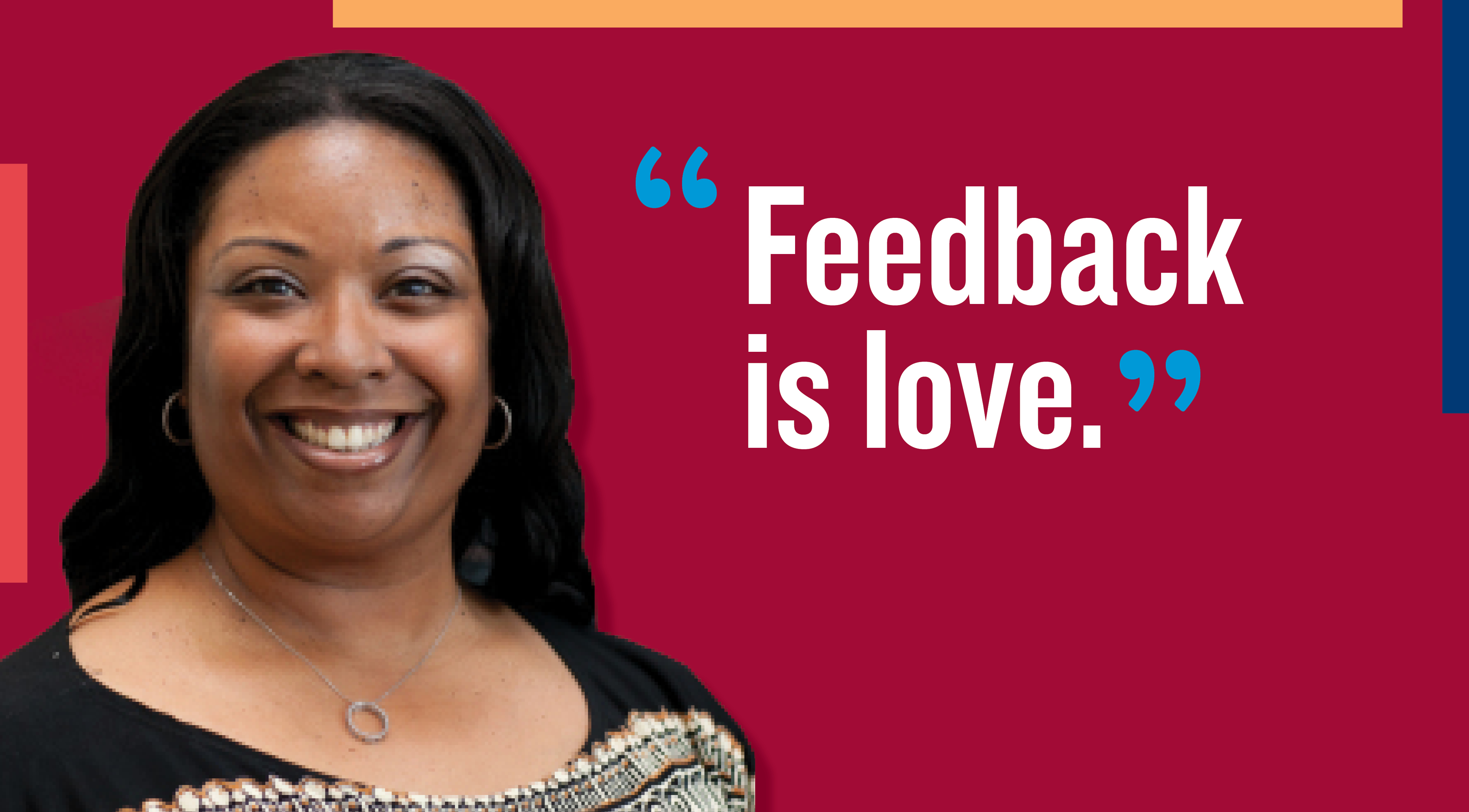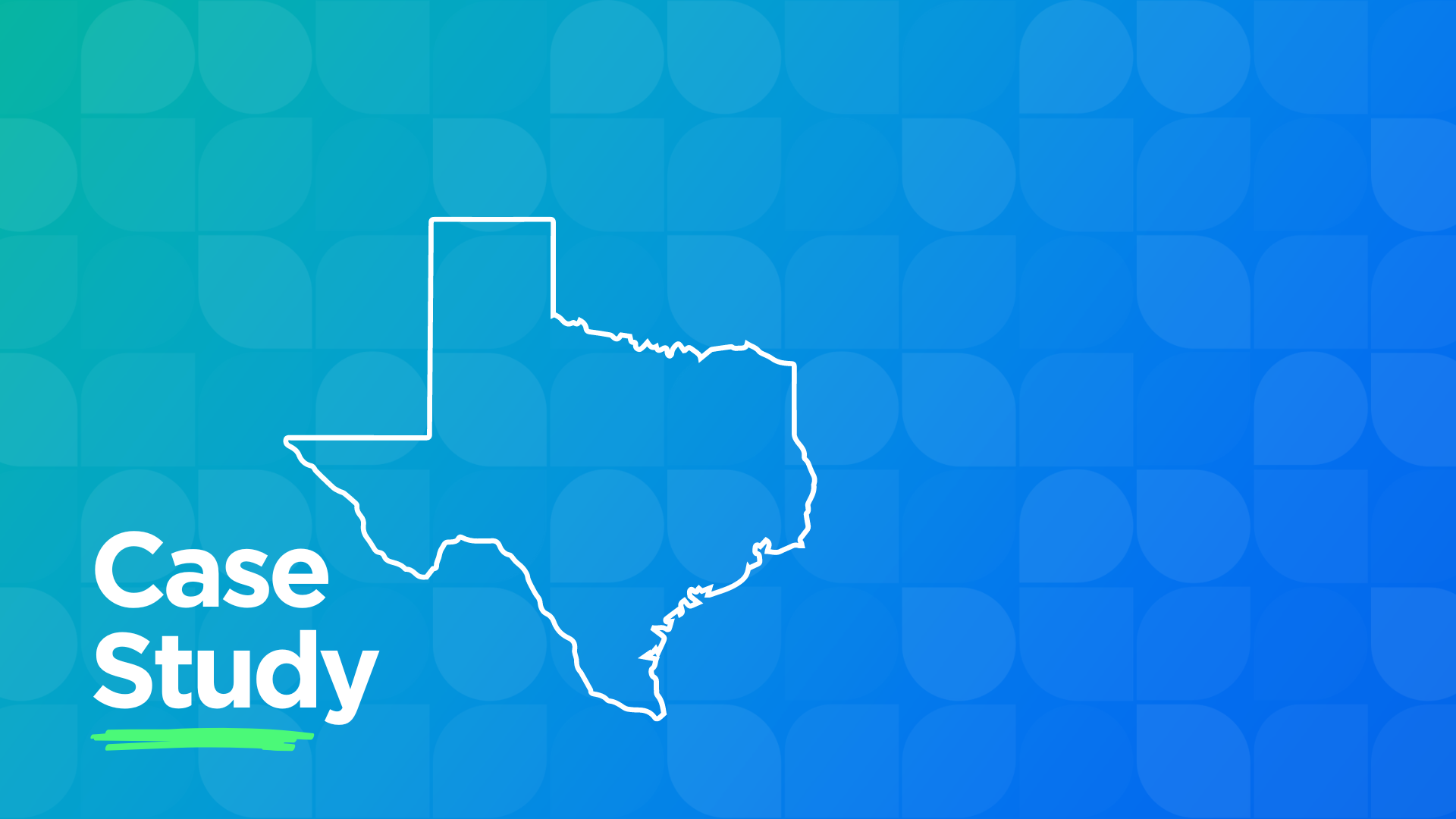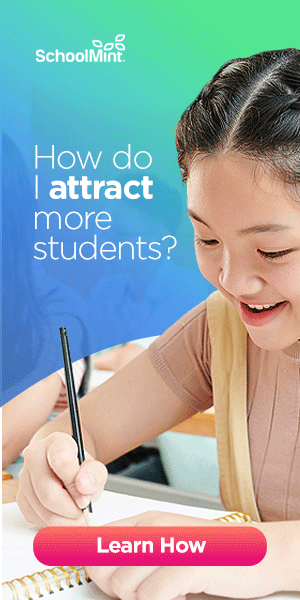A Priority of Post-Pandemic Schooling: Creating Inclusive Environments
![]()
Returning from the pandemic, we knew that in order to keep our school doors open we had to prioritize safety. At first, we were mainly talking about COVID protocols. Over time, we realized that safety and security for our students, teachers, and community would also entail tackling a new battle: Keeping intolerance out of our schools.
The pandemic years unearthed a nationwide trend of hostile student behavior that began before the pandemic. Students were using derogatory language in ways I’ve never seen as a school leader — some targeted and some casually being thrown around. We can’t teach if kids are using hurtful language, and we knew it was our responsibility as leaders to address it.
In the past year, we implemented a set of strategies to improve student culture, and are seeing encouraging improvements, as well as room to grow. We shared details, artifacts and video footage with the Follow the Leaders series from Relay Graduate School of Education.
Here are the highlights:
Give students a space to explore identity and learn to disrupt bias.
My team got to work creating a culture of belonging — from the top down to the bottom up. We saw an opportunity to shift the school culture through structures found in many high schools — advisory periods and affinity groups for students of similar identities.
In these communities, students could regularly affirm their identities and learn ways to safely challenge intolerant language voiced by peers. Based on the Sown to Grow social-emotional learning curriculum, advisory lessons are focused on community building and issues of identity. Giving each other the security and safety of that space is a way of interrupting inequity.
For example, a Pride lesson plan on cyberbullying includes group discussions of personal boundaries and scenarios that illustrate ways to address issues that arise on social media with empathy.
Give adults the training they need to model the practices and lead student activities.
We must ensure teachers and leaders are prepared to lead meaningful student discussions about identity and address student behavior in advisories, affinity groups, public spaces around campus, and their own classrooms.
To build these skills, we developed a professional development calendar for the year to give interrupting inequity the same importance as the school’s other strategic priorities.
Over the summer, we used scenario-based professional development to prepare teachers for how to react and respond to inappropriate behavior — like students singing lyrics which include racial epithets, making comments about Asian American students and academics, or questioning the value of using the correct pronouns.
The focus of these sessions was to do the work as adults first so we can lead it with students.
Help adults create spaces to cultivate belonging and challenge students' thinking.
As with the advisories, professional learning in affinity groups has focused on encouraging faculty sponsors to create a space where they can process shared experiences — and a space where raw and difficult questions are explored.
To build the ability of faculty sponsors to guide the groups in this way, we added time to the professional development schedule for affinity groups for the adults in the building.
These groups have modeled the kinds of challenging conversations intended for within the student groups. We’ve been able to call each other in on topics like privilege. These groups work because we established that rapport and relationship.
Help students navigate differences.
To ensure that students experience different identities as well as their own, we created the United Front, a student leadership group representing all affinity groups. This strategy creates compassion, connection, and an opportunity for students to see each other across lines of difference.
The United Front is focused on identity and planning extracurricular events and activities — what we call “the joy factor” on campus. The group helps build leadership skills in students who may not otherwise have the opportunity to do so.
Faculty sponsors also encourage students to unpack the dynamics of different identities within United Front, training students on how to have those conversations with each other. The ultimate goal is for the group to evolve into not just an affinity space, but allyship.
That’s how we break down barriers.
Monitor progress and plan ahead.
Before the school year began, we identified metrics to monitor progress and help our team hold itself accountable for making progress toward the aspirational goal of interrupting inequity. We review our student and staff surveys quarterly along with the data for the school’s instructional objectives.
The results to date have been encouraging — 72% of students say they connect with most members of their advisory and 84% look forward to them. Large majorities of faculty agree that students value each other’s differences and that their leaders have encouraged the adults in the building to engage in learning around DEI and discussing their own identities.
While the majority of students agree that most students speak out against hate speech and actions, there is more work to be done. This isn’t something we’re going to be able to fix in one school year. The goal is for students to never have to interrupt inequity because it’s not happening — we’re continuously working toward this more inclusive future.
Nicole LeBlanc served as principal at KIPP King Collegiate High School in San Lorenzo, CA from 2021–2023. Learn more about how her team did this work, download the actual documents they used to guide it, and watch a video as part of the Follow the Leaders series.
For more stories and insights, check out Relay’s Follow the Leaders (relay.edu) series.
Share this
You May Also Like
These Related Stories

How One Instructional Leader Makes Classroom Walk Throughs Meaningful

KIPP Houston Northeast College Prep: A Cultural Reflection



